m7c1
Much by way of discourse, some by way of advice; security from Clausewitz to Fancy Bear.
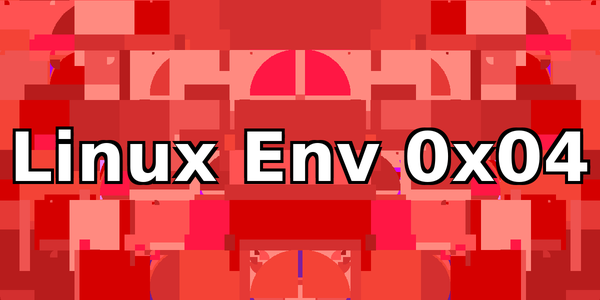
In this, part four of our ongoing series of how to setup a speedy and highly functional Linux environment, we'll cover getting our music integrated into our desktop! We'll use Music Player Daemon (MPD) as our backend, and then setup ncmpcpp (a mouthful) as our frontend. MPD operates as the server component of a server-client system and can be controlled over a network, allowing multiple clients to connect to the same music database. ncmpcpp is a fast, ncurses based MPD client built in C++.
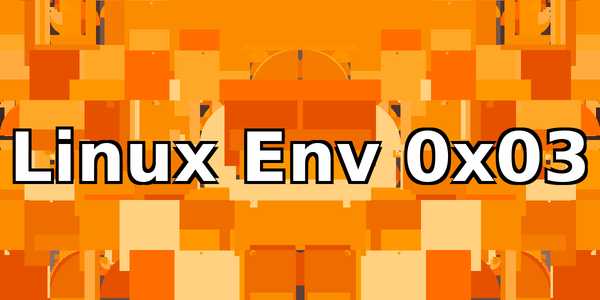
Welcome to part three in our ongoing tutorial series on how to setup a nice Linux environment! Today we'll cover the oh-so-popular shell customization portion. We'll install the "delightful community-driven framework for managing your zsh configuration" Oh My Zsh (which can be found here) to customize our Terminator terminal experience. Oh My Zsh (OMZ) comes bundled with a load of cool themes, but there are even more available externally. This tutorial will cover setting it up with a bundled theme, before installing the Powerlevel9k theme that I use, and its various prerequisites.
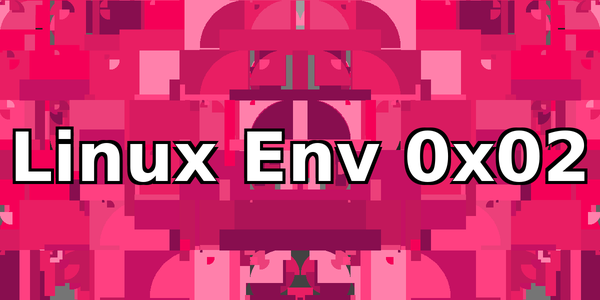
Today we'll continue setting up a Linux environment which is reminiscent of OS X, while being very very speedy, and anti-mouse - the way computing should be. We'll base this on a clean installation of Debian 10 without a GUI (which we covered in part 0x01 of this series), and proceed to setup and the i3 window manager, the Terminator terminal, the application launcher Kupfer, and set zsh to be our default shell. At the end of the tutorial series, we'll have an speedy interface that looks something like the image below, which is my daily driver. This flies on an SSD and 10 year old hardware!
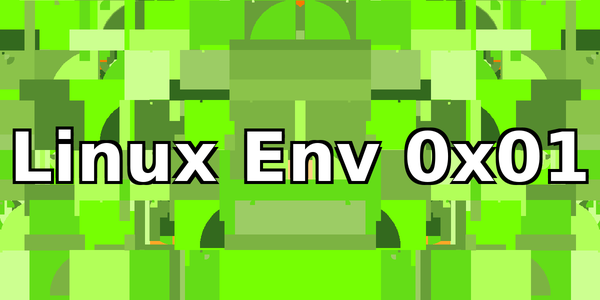
Welcome to part 0x01 of our multi-part tutorial on setting up a speedy, usable Linux environment! A little background first. Linux is a free and open source operating system originally designed by Linus Torvalds. Today, it comes in many 'flavors'. Debian is the flavor that underpins the popular Ubuntu and Mint distributions, and is associated with perhaps the best known package (or software) repository which can be interacted with using the aptitude package manager, or apt. Other flavors include RedHat, Arch and SUSE.
Quick Links
Search
Tags
Popular Posts
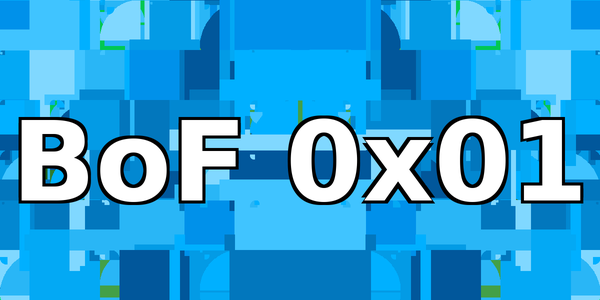 Buffer Overflow 0x01
Buffer Overflow 0x01
A step by step buffer overflow tutorial. We'll cover why buffer overflows exist, how they can be abused to subvert flow of control, and step though an example exploitation in Linux using GDB. Tor and "Invisibility"
Tor and "Invisibility"
Misconstruing Tor as a cloak of invisibility is dangerous. Curation
Curation
How can we continue to protect ourselves in an era defined by ubiquitous data collection? Curation! (Ab)using Tor to circumvent GDPR
(Ab)using Tor to circumvent GDPR
Utilize Tor to circumvent GDPR in Europe.